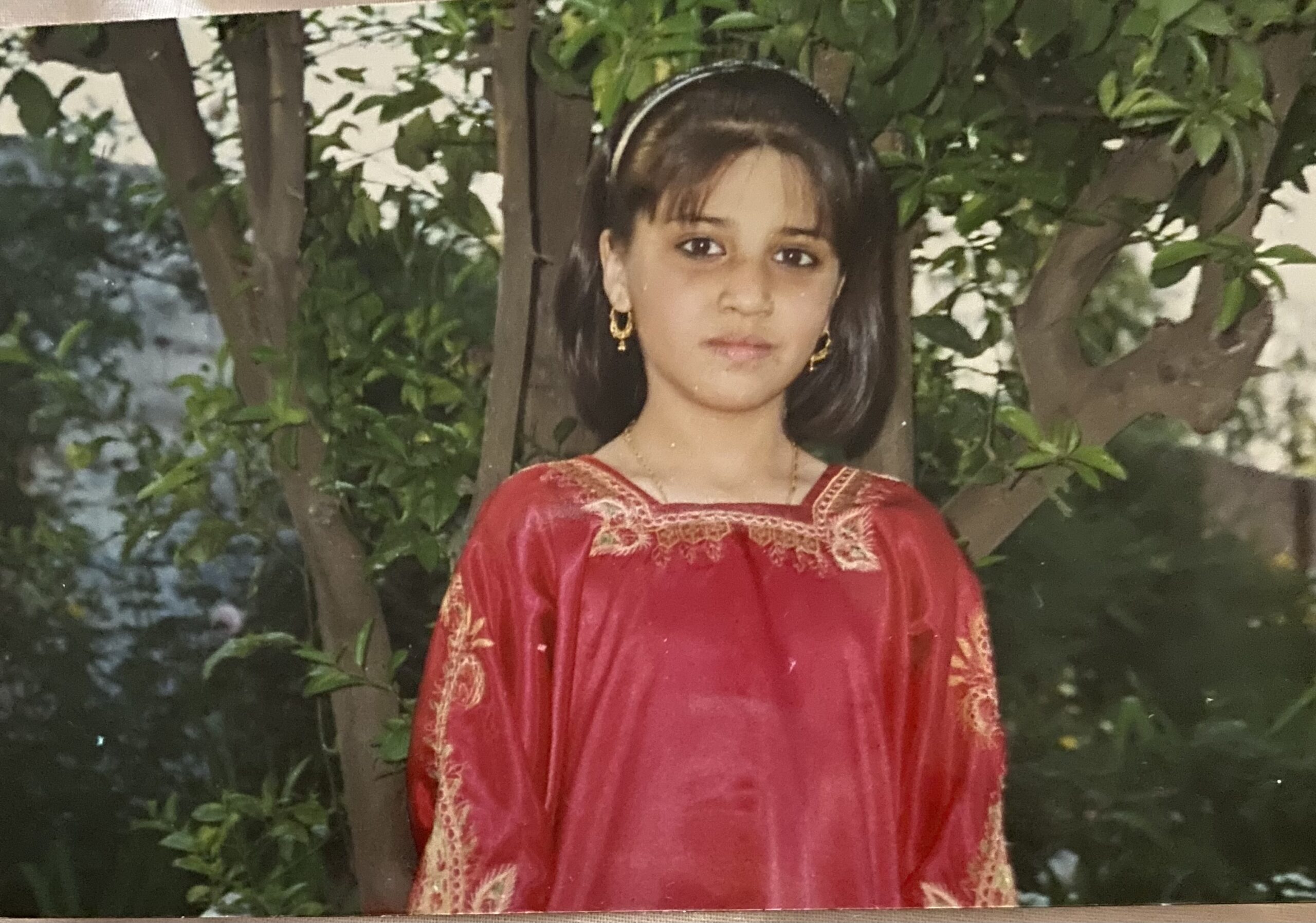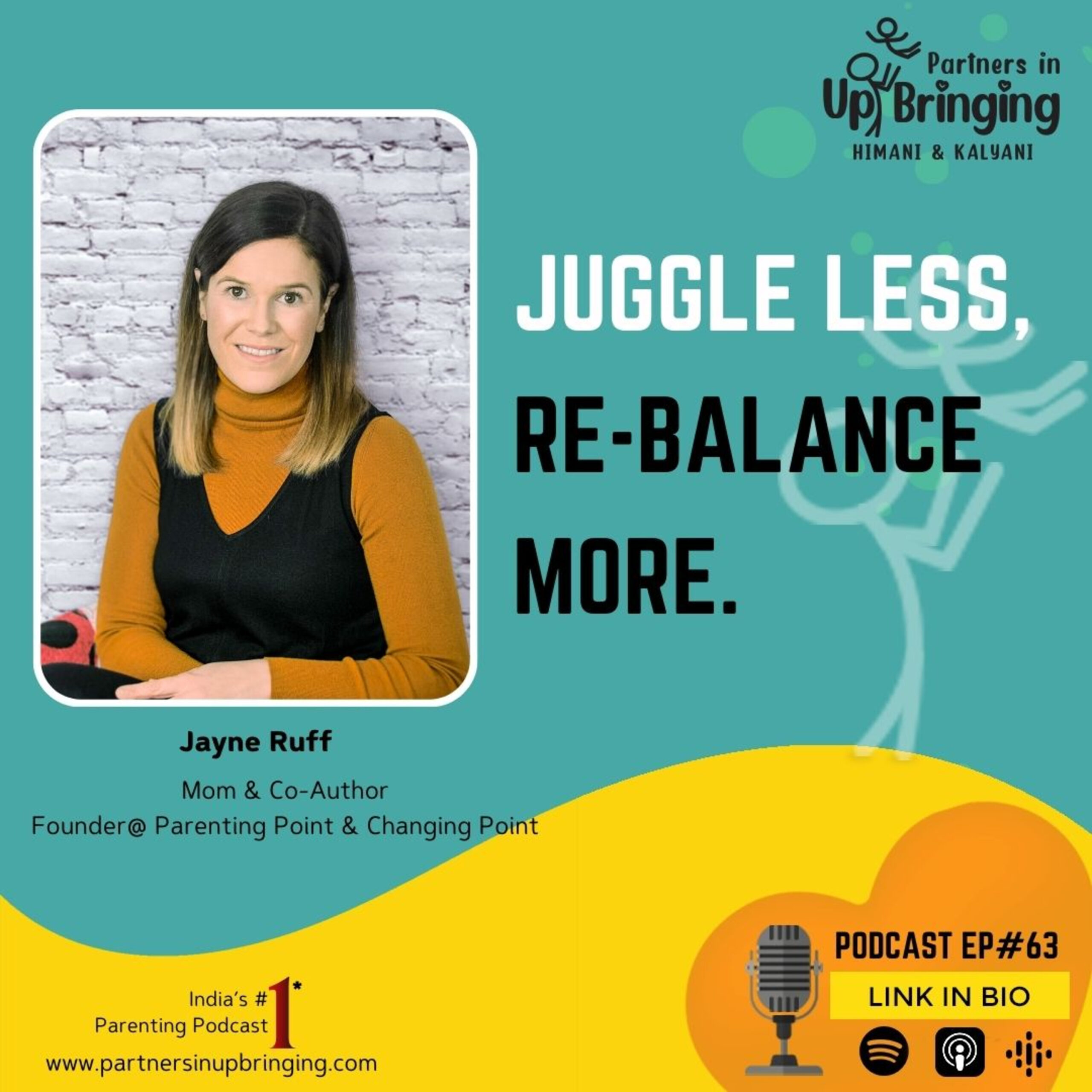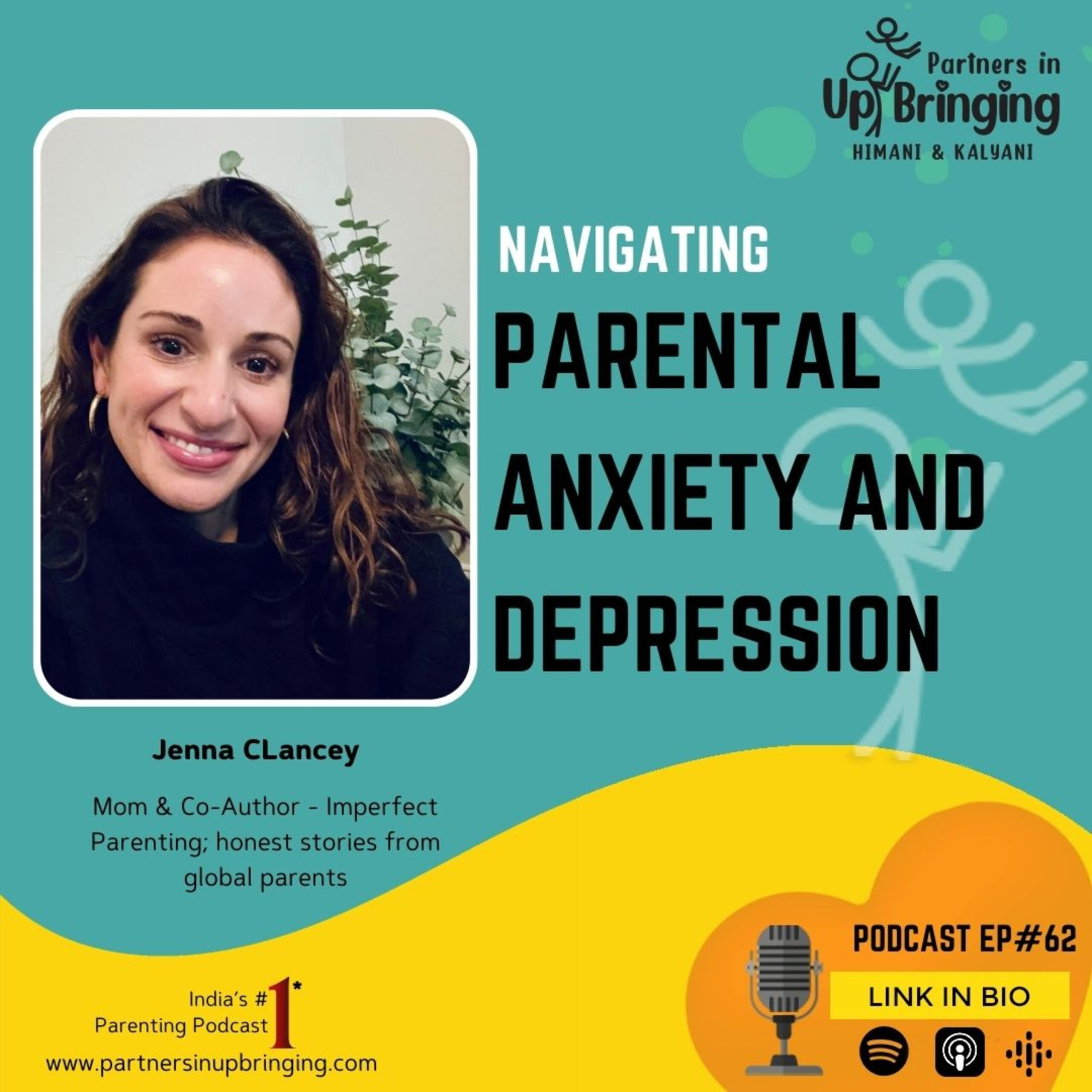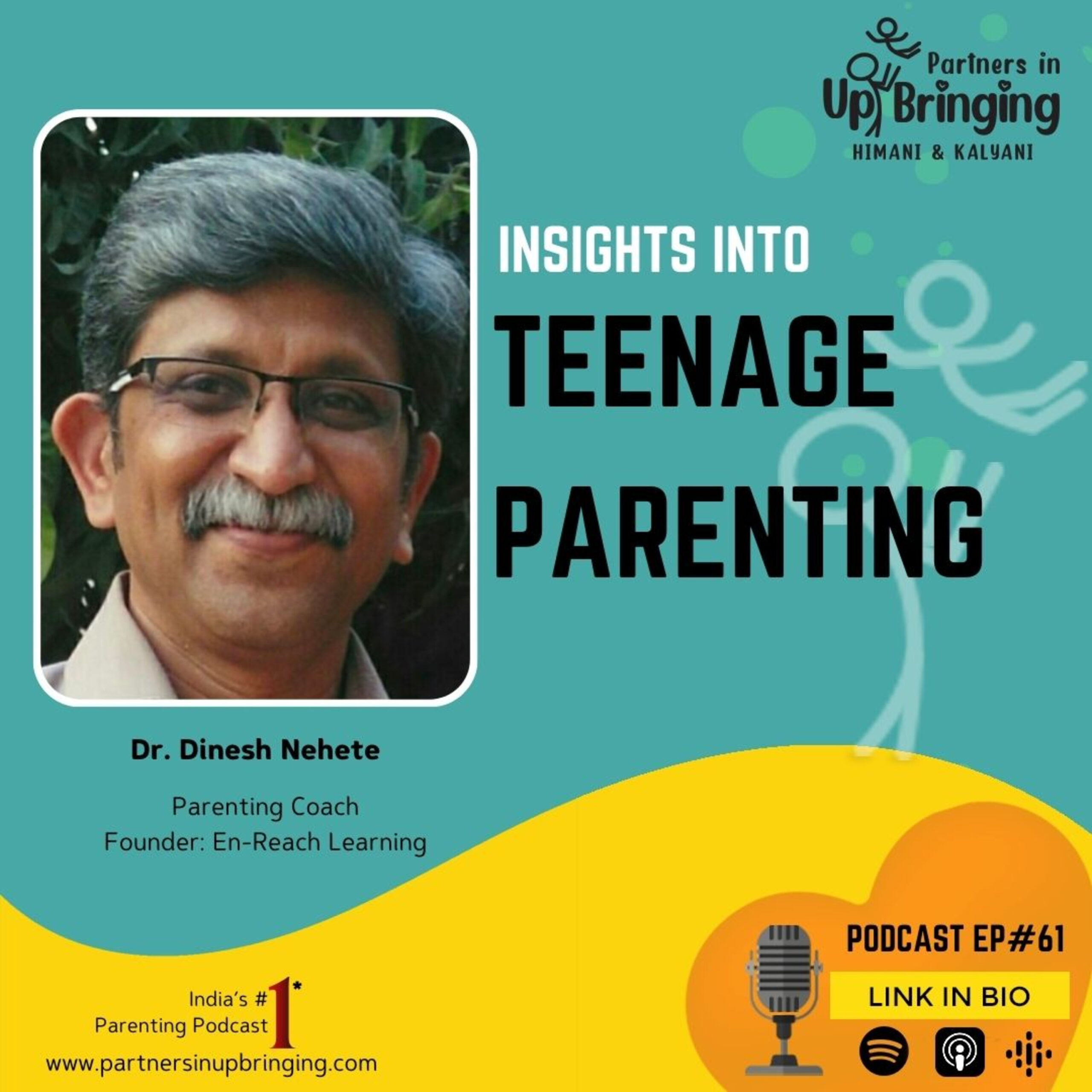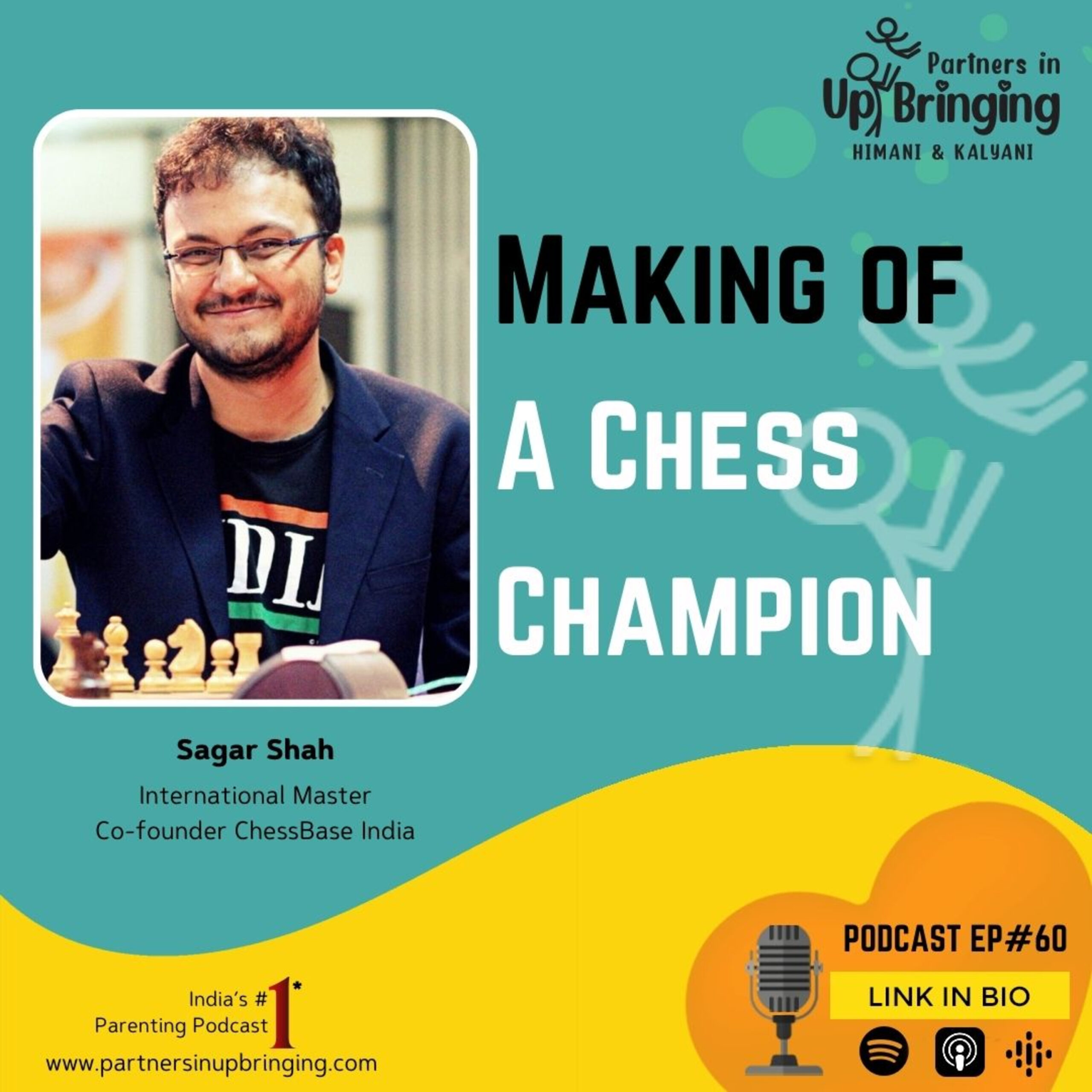Child Bride: Naila Amin
At just 15, Naila Amin was a just a schoolgirl. Yet she had already been engaged for eight years to a man 13 years her senior. What is more, she had taken part in two Islamic religious marriage ceremonies, both against her will.
Engaged at 8. Married at 15
In what is arguably Rajan Nazran’s most harrowing interview yet, Naila tells her story with dignity and at times even with humour: https://globalindianseries.com/surviving-a-child-marriage-the-brutal-truth-with-naila-amin/
Her living hell began when she was a little girl of eight when her father betrothed her to her first cousin in Pakistan. It ended when she was sixteen.
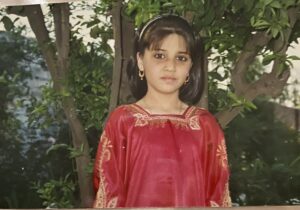
Refusing to consummate her forced marriage, she ran away. After escaping to Islamabad, she sought sanctuary with her aunt. But her husband found her.
Her father had to be locked up to prevent him from shooting her dead.
What followed shall scar her forever. Her father had to be locked up to prevent him from shooting her dead.
But worse was to come. Her husband dragged her before the entire family (including her distraught mother) and beat her for an hour with electrical cable.

For the next month and a half, he would rape her repeatedly every night. But thanks to a kind uncle, she managed to alert social services in the US and mercifully she was able to start a new life.
But her troubles were set to continue.
"Dude, I have a nose ring. Does that mean I’m Indian?”
Settling in Queens, New York, she was to find life in America difficult. From the first, she knew she didn’t fit in. Looking back at her schooldays, she remembers being bullied by her classmates, most of whom thought she was Indian. Her nose was pierced at 7. Her comeback was: ”Dude I have a nose ring. Does that mean I’m Indian?”
Its was soon born in upon her that she was not like the other class mates because at the age of eight she was betrothed to her first cousin during a family trip to her native Pakistan.
It was largely her father’s doing. He unashamedly used her as a means of bringing her cousin into the USA.
So by the time she started 4th grade she was engaged, promised to a man (he was 13 years her senior) when other girls of her age are playing with Barbies. Apart from her family, she had no one to confide in. Not unnaturally, she was too embarrassed to tell her friends.
Like many children of the hyphen, she was torn between the two cultures, between east and West, and she began to rebel. The storm clouds were gathering.
Return to Pakistan
She and her parents returned to Pakistan at the age of 13 to perform a ceremony whereby under Sharia law she would become her cousin’s wife. Doing would enable her father to petition the American government with a view to having her husband come to America
At 14 and against her will, her Father forced her to file first petition. 14 years old is the minimum age at which one can support a spouse in New Jersey. Deciding at which age this can take place is a matter for each state. In Massachusetts, for example, the age is set shockingly low at 11. Citing a study, she says between 2007 to 2015, there were 5, 585 cases in which child wives sponsored men to whom they were engaged or married. Why, she asks, does USA allow the legal trafficking of young girls?
Mercifully, Naila did not have to consummate the marriage at the age of 14. This would not be the case after the second ceremony.
Foster Care
Back in the United State, relations deteriorated with her parents, so much so that she was placed in foster care in 2004. Her father had been physically abusing her and the situation was so bad that he forbade her to out or indeed to go to school.
“I do not want to be married!”
He parents also took the view that she was becoming too Westernised. Soon the authorities were forced to intervene. She did not want to marry her cousin and would protest in no uncertain terms to her parents: “I do not want to be married!” It fell on deaf ears.
Her life became intolerable and so she ran away with a Latino boyfriend. In doing so, her parents believed she was committing adultery.
‘I showed the social worker my bruises’

At this stage, she had not formally left her parents under Sharia law and therefore the marriage remained unconsummated.
Life in foster care was not without its difficulties. There was no Halal food and she was forced to eat a diet of pizza for the better part of a year. She would also find the rules hard to adhere to. "What was thing thing called bed time?"
Life became so difficult that, despite all that happened, she ran away to her parent’s home. They suggested that they all return to Pakistan until she became of age. Her reaction was one of relief and she could not wait to go home, despite everything that had happened.
Life In Pakistan
One day Naila’s mother took her on a shopping trip to pick out a wedding dress.
“Why?” Naila asked.
“Your wedding is in a few days.”
She had just turned 15.
The Nightmare Begins
January 5th was the fateful day on which her nightmare was to begin. Her husband knew that she positively disliked him. The mere thought of being married him sickened her. But she had no choice.
The Wedding Night
Keen to consummate his marriage, her husband started pawing at her until at length she was forced to place a pillow between them. Becoming increasingly frustrated over the coming days, much to her shame, he tells her parents.
Small wonder that she decides to run away. But she was not in New York any more. She was in a remote village where the plough and horse are still used. Women are not allowed to appear in public without a male chaperone. There were men at every turn. To see a young woman on her own was most unusual. She still had the henna on her hands and arms from her wedding day.
Finding herself in the dusty backstreets of the village, she ran into a mud hut and implores the lady inside to help her.
"Please ask your son to fetch a horse and carriage and take to Uddak."
Uddak is the nearest city from which she could rent a car and drive to Islamabad.
Before she sets off, she has the foresight to swap scarves with the lady so as to disguise herself. Years of running away have made her a pass master at hiding and blending in. She had money and gold, but time was short. Sooner or later, her husband would realise that she is missing.
Islamabad
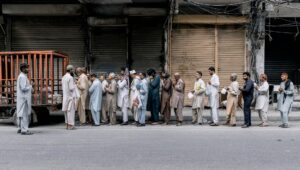
Islamabad: a city of more than a million people. But she's not safe yet. As she says to Rajan Nazran, “When you’re foreign, they just know.” And the clock was ticking.
Alone in the city, she was refused in rooms in hotels. There were men everywhere. Was she a prostitute? Was she a loose woman?
Frightened and at a loss what to do, she called her uncle. He convinces her to go to her aunt who lives in the city.
At least she would be off the streets at her aunt's house. But she knew the sanctuary would be short-lived. Naila was in fear of a life (honour killings are not uncommon) and so she called her aunt and gave her number to child services in the USA.
“This is the end”
She was on her way to her aunt’s house, when the shrill screech off car brakes makes her turn around. It was her husband with three cousins. “You whore! You slut” he shouts. “This is the end,” she thought.
They bundle her into the car. Her husband, the man to whom she had been betrothed since the age of eight, cruelly slaps her with such force that she hears ringing in her ears. She fears this is the prelude to something worse, much worse.
Once back in her village, she learns that they were forced to lock up her father who had had a gun and wanted to shoot ‘her brains out.’ She had brought dishonour on his family.
Such was her husband's anger at what she had done, that he he beat her before the entire family, including her mother and children. In scenes reminiscent of the Old Testament, she was publicly shamed and beaten for over and over again. She likens the experiences to being stoned. To this day she bears the scars: a terrible tent on her thigh and a receding hairline, the result of her husband tearing out her hair.
“I hate him so much.”
Every night thereafter he would rape and beat her.
Escape!
Nalia had given her case number to her kindly uncle and he called social services in the USA. He told them she was being held against her will. He saved her life.
Her Mother is Charged with Kidnapping
In Feb 2005 her mother and younger sister returned to America. On landing, the former was charged with kidnapping. To avoid prosecution, the prosecutors insisted that Natalia return to America. Her Father calls her ex-husband and tells him that she must return otherwise he and his wife face a stiff jail sentence.
“ Some white people are in the village”
A month later and officials from the US consulate arrive in her village. Even they were loath to tell her family they were there to take her away. They had the wit to inform her husband that they were there to check Nalia’s papers. This of course was a pretext and Nalia praises them for their foresight. She showed a female official her bruises. It was imperative that they get her out but they had to tread carefully.
"I wanted to take his ugly fingers and break them!”
On March 15th, 2005 she left Pakistan for good.
Her husband had been desperately trying to get her pregnant and forbade her to stay with her aunt, mix with Americans and insisted that she wear the Burka.
As for her parents, they told her to say that she was happily married and that all was well. She was having none of it but she knew telling the truth would come at a cost. She well knew that to defy her father meant that she would probably never see her family again.
JFK
After landing in JFK, she was greeted by a veritable welcoming party of officials: the Sheriff, police officers, her case worker, Child Protection services and even an agent from the F.B.I.
She would spend her first night in a Young Person’s Psychiatric hospital for her safety. She awoke the following morning to see pink walls, white sheets and barred windows.
It was one of the happiest days of her life.
Madonna Heights
The authorities sent her to Madonna heights, a Residential Treatment Home for Girls in who are severely mentally ill on Long Island. The inmates mistook her for an Indian and there was no halal food. It was déjà vu.
She ran away and called the Commissioner of Social Services, demanding that she be placed in foster care. “I want a family. I don’t want to be locked up with a bunch of girls with crazy life stories."
But it transpired that her foster father was a drunk and he tried to touch her, whereupon she ran away again.
A kind Sikh man at the gas station gave her some money and she caught the train to the village Minneola, where the Foster care agency is situated. Finally, they placed her into a good home.
A Second Marriage
It was while she was on the run that she would meet her future husband by whom she was a son. He is a friend of a cousin and of Pakistani origin. She married him in dingy basement in Queens.
But she was severely traumatised by her ordeal. She had PTSD and the marriage was not to last.
When she fell pregnant, her parents washed their hands of her, but unbeknownst to her would see them in court some five months after she gave birth to her son. With her baby son in her arms, sees her father across the court room, ‘The world’s strictest Pashtun Dad.’
Without saying a word to her, her father took the baby in his arms. So began a slow reconciliation, particularly with her mother.
Identity
As this hear-0rending interview comes to an end, Rajan asks: "What are you, Naila?"
“I am a Pakistani American Muslim woman.”
“What does it mean to be a woman?
"For me to be a woman is to be a lioness"
“ A lot of women don’t know how strong we are…For me to be a woman is to be a lioness. I am proud to be a woman. I am proud to be who I am.”
On Parenthood
Today, Nalia tries to have an open relationship with her son. She is there for him, come what may. "I want to be a good Mom” she says.
Rajan Nazran points out that child marriage is a problem that cuts across ethnicities and faiths. Natalia agrees. Rajan continues: "It’s not even about religion. It is culture. It is tribalism.”
He asks: "How can we change attitudes? What can be done? It has to be than law, doesn’t it?”
Nalia: “Education is key. What do we south Asians have in common? Our religion.”
She believes that we need to educate our elders so they can change the deep-seated attitudes of their flocks, whether, Muslim, Hindu, Sikh or Christian.
To her her story in her own words, listen to our podcast:
https://globalindianseries.com/surviving-a-child-marriage-the-brutal-truth-with-naila-amin/
Today
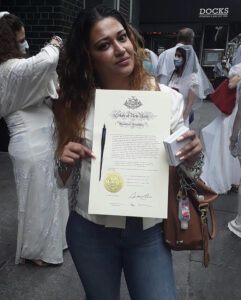
14 years after her marriage, today Nalia is a high-profile activist and a champion for women’s rights. She has spent the last six years or so campaigning to change the law and change attitude towards child marriage. She is a social worker.
When in March 2015 a reporter for "The Epoch Times" asks her to take part in an interview; her life would never be the same again. She went public with her a story and she was catapulted into the headlines. She has appeared at the UN, she is involved in all manner of projects, started her own foundation ( https://www.instagram.com/nailaaminfoundation/?hl=en) she has met Malala and is on Commission on the Status of Women.
Thanks in part to her tireless efforts, New Jersey has become the second state in America to end child marriage.
-------------------------------

